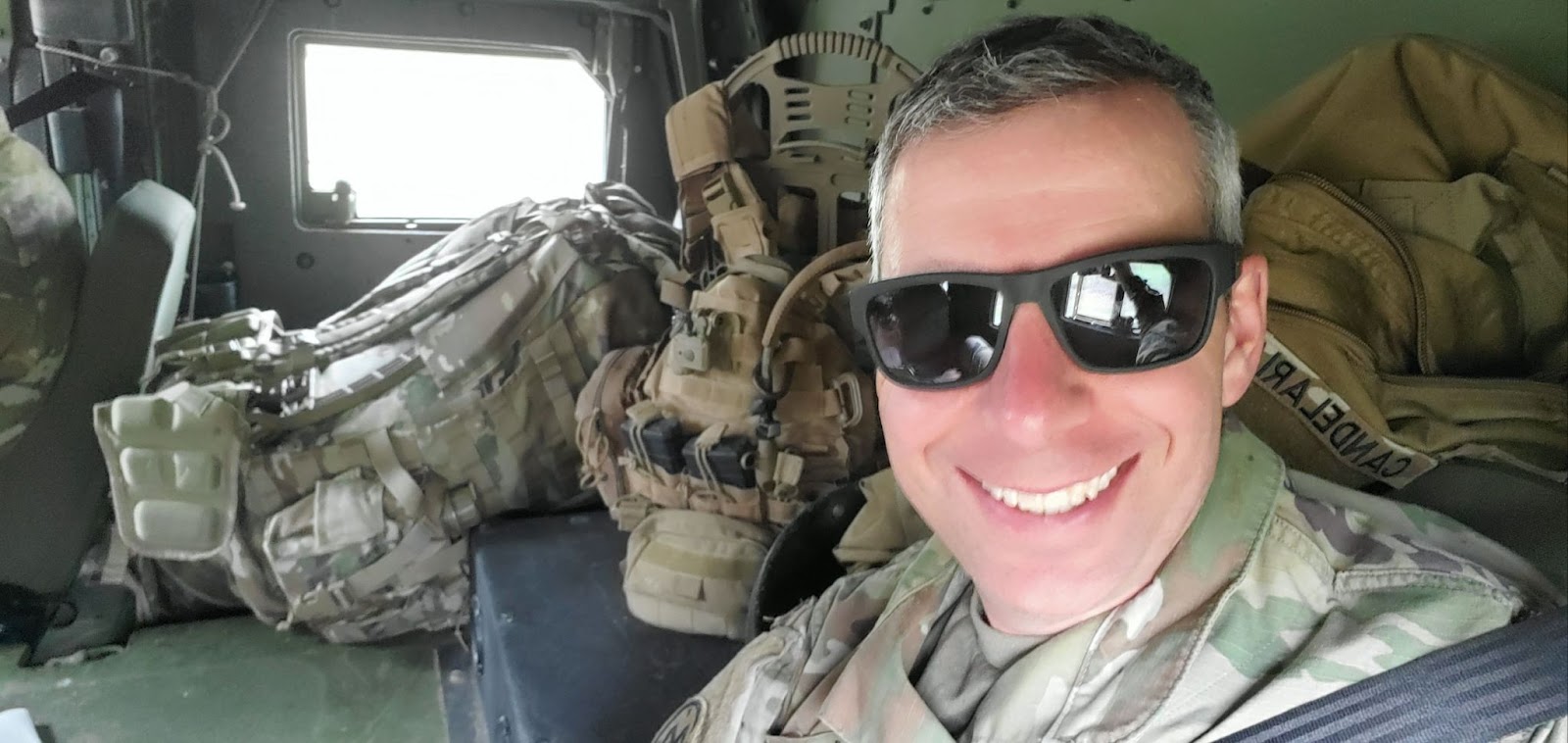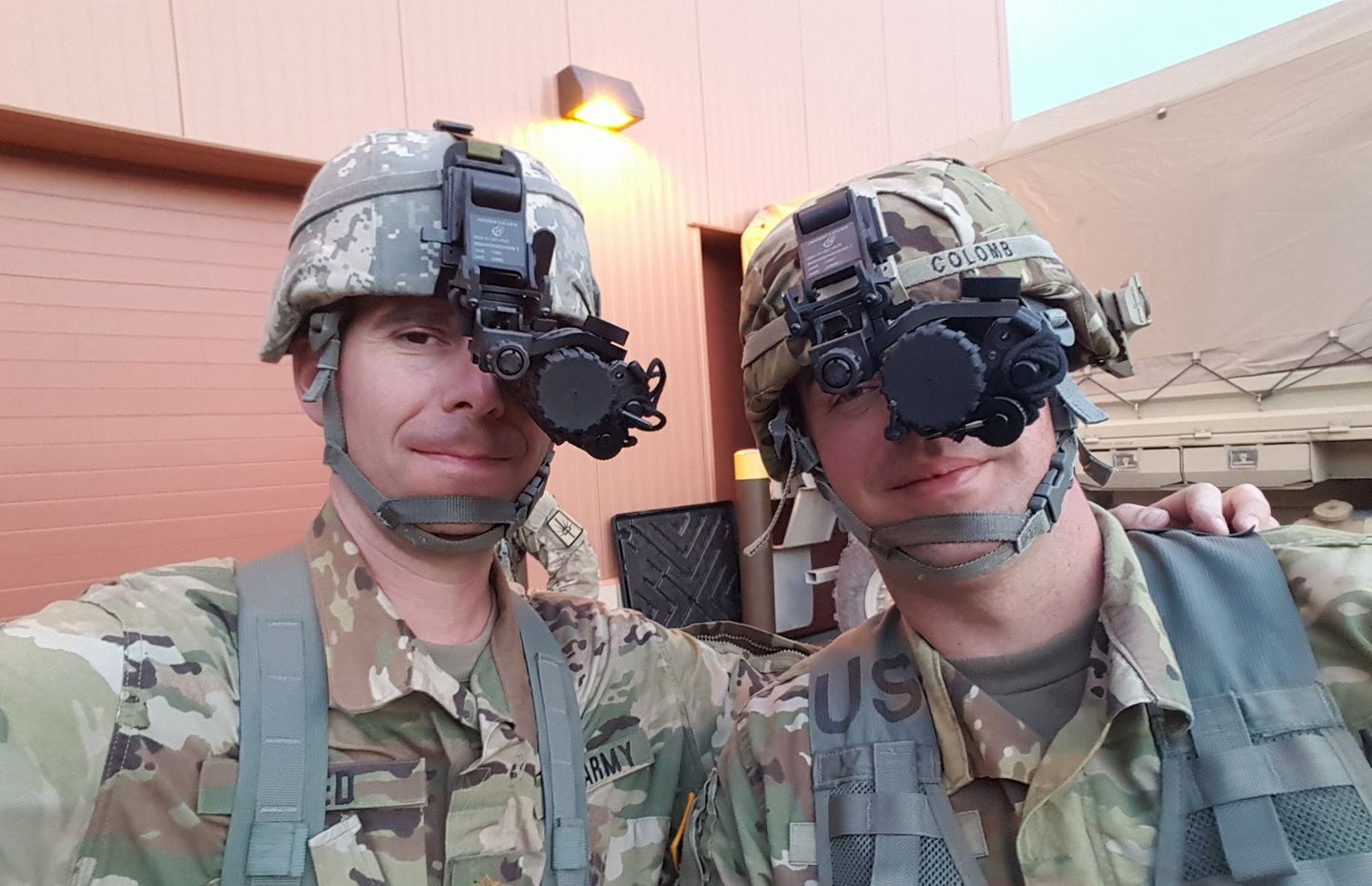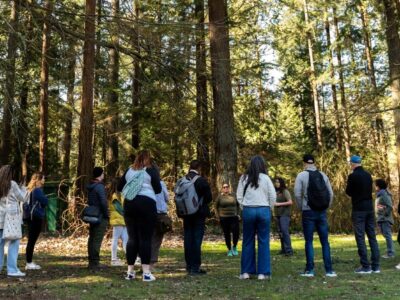When Bryan Reed transitioned from active duty as a nuclear submarine officer to civilian life, he sought another avenue to be of service.
He knew that a job in clean energy would help him continue to support his country—and his family’s future.
“My generation is a product of the global war on terror,” Reed said. “We’ve all been to the Middle East. I told myself, and I still believe it to this day, that if I worked really hard on clean energy, my son may never have to go to the places that I had to go in order to support foreign oil.”
Reed began his Naval career at the U.S. Naval Academy in 1998, and remained in the fleet for roughly a decade until accepting a job at General Electric Renewable Energy in 2008.
He says the renewable-energy industry offered him not only a sense of purpose, but a chance to work in the field as part of small, mission-driven teams, much as he did in the military.
“I’ve climbed hundreds of turbines and been to a lot of solar fields, and this has some camaraderie that’s very similar to what I felt in the military,” Reed said.

Photo Courtesy Bryan Reed
As he deepened his knowledge of national security as a member of the New York Army National Guard, he developed a key belief: Energy security is national security.
“If you don’t have to go outside of the U.S. to find [energy sources], you don’t have to compromise in other areas like trade or national defense,” Reed said. “That right there is national security.”
Reed says the U.S. is uniquely positioned to attain energy independence because it possesses a wide variety of energy resources, from oil and natural gas to wind and solar.
Now, Reed serves as director of operations for PivotGen, a company that develops new solar and wind projects and repowers existing wind assets in the U.S.
He says he believes expanding wind and solar in the U.S. could also create jobs in parts of the country that are most in need of economic development.
However, he says this kind of development will require national resolve and cooperation to achieve.
“You have to get those wind and solar resources to where the people are, where the populated areas are, and that takes a national effort,” Reed said. “That takes every local board approving resources where they don’t necessarily need them. That takes transmission lines being built throughout the United States. That takes financiers from the cities to underwrite places that aren’t local. It takes the entire nation to come together to make it come to fruition.”





